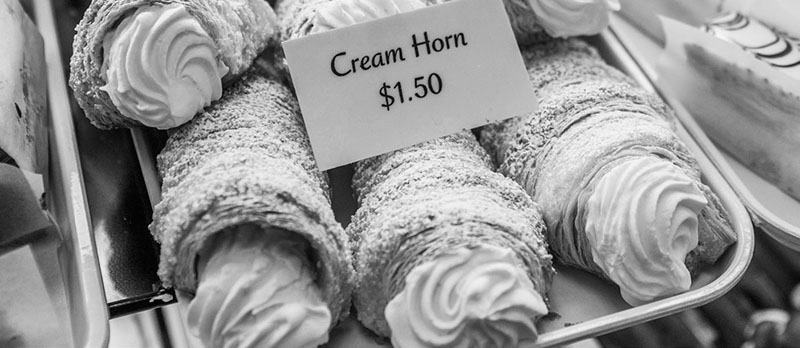Photo by Mike Abell
By Hannah Strader
While most students flipped burgers in late July to celebrate the last few weeks of summer, a team of five young chefs from the college’s Hospitality and Culinary Arts program prepared a four-course meal to be judged for the American Culinary Federation’s National Convention, held this year at Kansas City’s Bartle Hall. After a tedious year–long commitment, the team took first place for the ACF Student Team National Championship. The team consisting of students Katie O’Connor, Matt Phillips, Kathryn Ratzlaff, Raquel Kramer and Jessica Seely began their work just under a year ago.
The competition season starts the first week of classes, when coaches Felix Sturmer and Edward Adel begin recruiting for their team in various classes within the Culinary Arts program. A team consists of five students, four who will cook and one alternate who manages the floor and keeps other team members on track. Students interested in competitions must be prepared for the intense workload and hours of commitment entailed.
“Our students certainly have enough on their plate, having a full time job. […] Our chef apprentices have to work forty hours a week, plus full time school, and this is on top of that. So it really tests their stamina and their commitment,” said Sturmer.
Once a team has come together, it’s time to prepare for the regional contest, a precursor for the national level competition. Only one team per state can compete in the regional level, and while Johnson County is the only team from Kansas, this doesn’t make winning regionals any less challenging. During the two and a half day competition, the team will be judged on the presentation and taste of both hot and cold food, as well as a phase in which students present knife skills. After that, it’s off to the national competition, where the team works once again under the scrutiny of hundreds of people.
“When you cook, up on your own stage, especially at the nationals, there’s eighty, ninety, a hundred people watching. […]Everybody was yelling and screaming and clapping. […] The judges come over and look at you and say ‘What are you doing here?’ or ‘Let me show you’,” explained Sturmer. “So they question you and they try to help you. I think that is the toughest piece they have to perform because everybody’s watching you every step of the way there.”
While winning nationals certainly gives the student team a sense of accomplishment, it also reaps benefits for the Culinary Arts program as well as the College as a whole.
“We’ve spent a lot of money on making this building, so it promotes to say they made the right decision in doing that. [For us] directly, competition helps me and Felix grow continuously. We’re continually learning so we can take that to our classes to keep feeding, updating and be on the cutting edge of the culinary world,” said Adel.
For team members themselves, they take away more than just a sense of accomplishment. Their interactions with chefs from across the globe teaches them new techniques and gives way to new ideas. On top of this, students learn lessons in commitment, camaraderie, and teamwork. In this way, students have the opportunity to grow in their craft as well as learn lessons applicable to everyday life. For the coaches, this gives them room to expand in the classroom as well as in competitions around the world.
“Over the course of the last 24 months, our team has traveled to four different countries on three different continents to compete in over 12 competitions. This involved a great deal of preparation, hard work, and training, but we were blessed to have outstanding students,” said Adel.
Whether it’s in South Korea, Japan, New Zealand, or Costa Rica, there is a wealth of learning opportunities for these young up-and-coming chefs, as well as their mentors.
“You’re working with a small group of people who are competitive and want to learn a certain thing. As you work with them, you learn. I’ve been doing this for a long time and I learn everyday. We go out and compete and see teams from all around the country, all around the world, since we travel a lot. So we come back and we say ‘Wow, we’ve seen that, let’s practice that, let’s do that, let’s try that’ because things in our field change a lot,” said Sturmer.
Adel agrees that the experiences gained at competition benefit not only team members, but also other students in the program.
“They try to push the envelope in food, food cooking, food styling, [and] we all learn. It helps me become stronger in my profession and I can then deliver that to our culinary students.”
Contact Hannah Strader, features editor, [email protected]






















